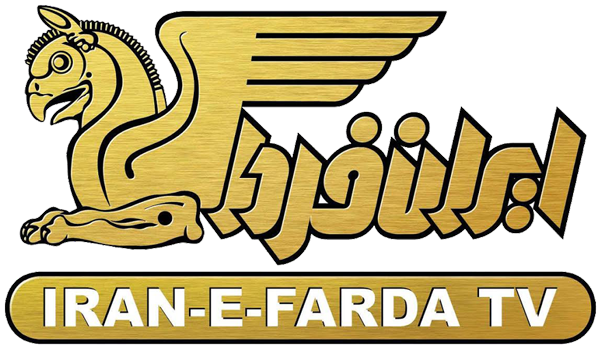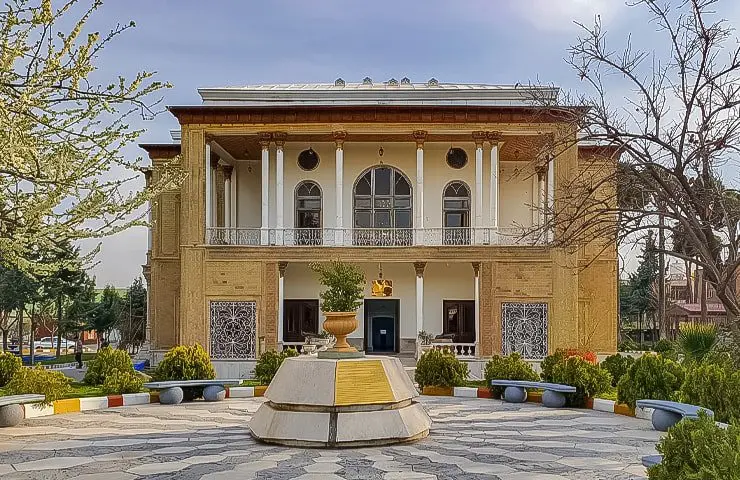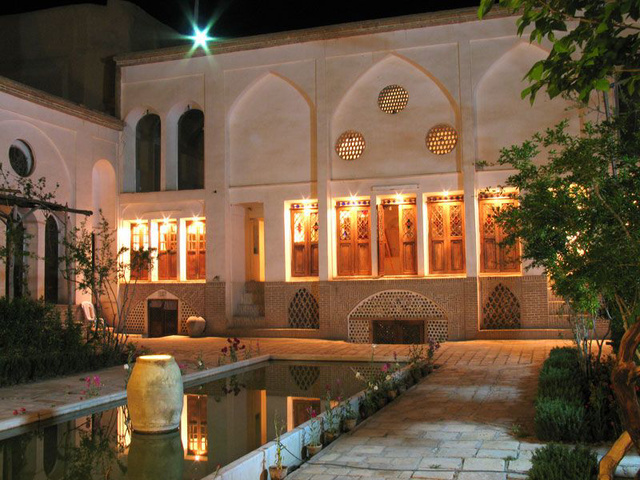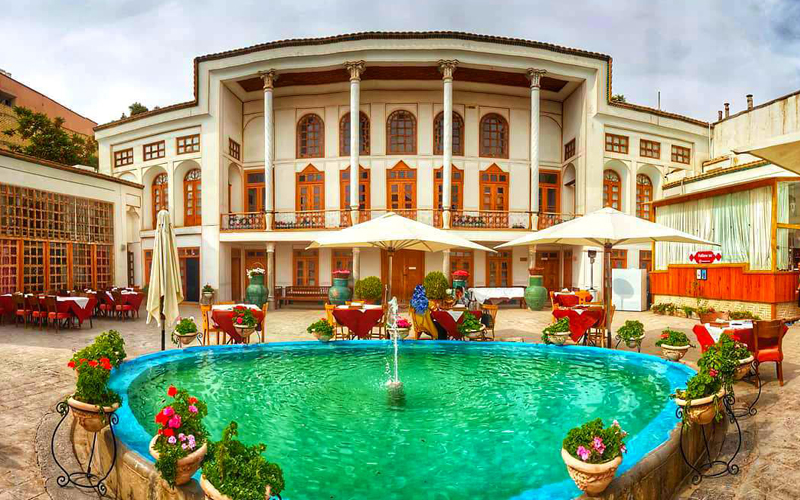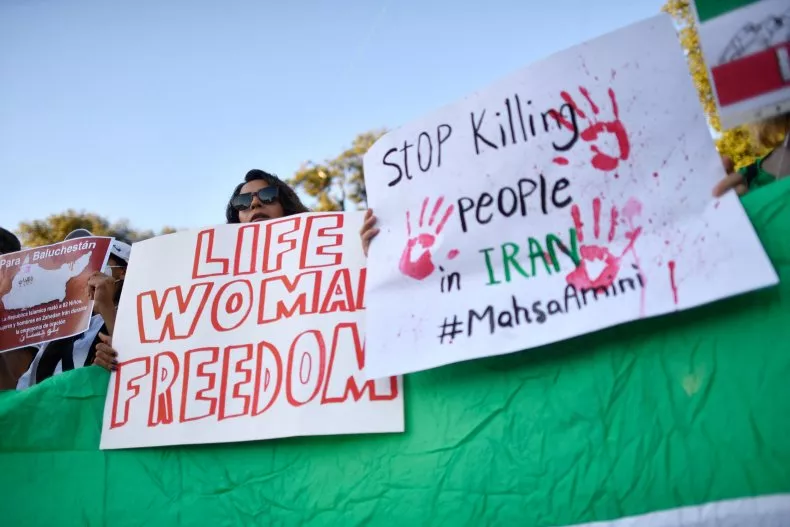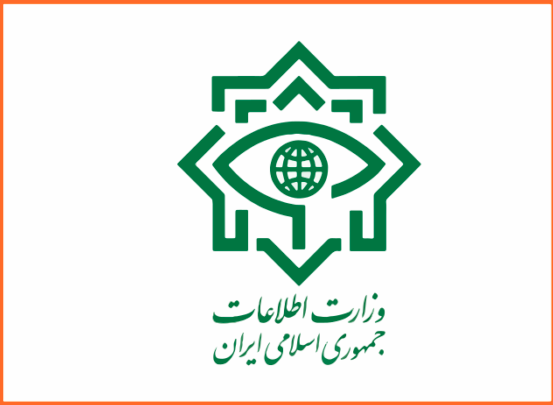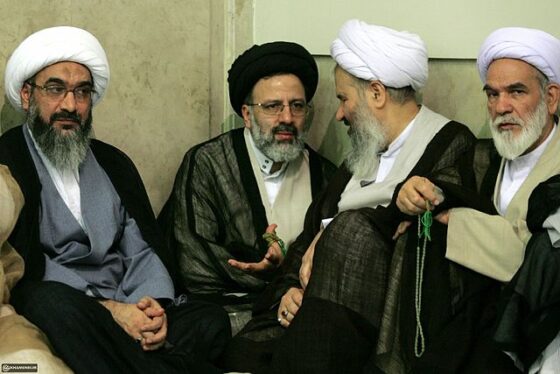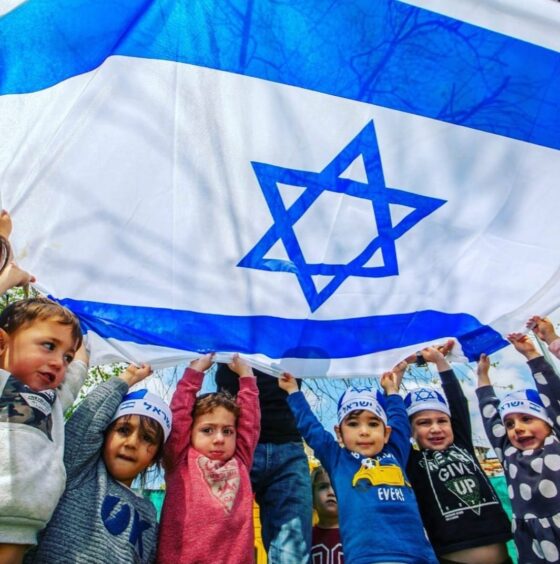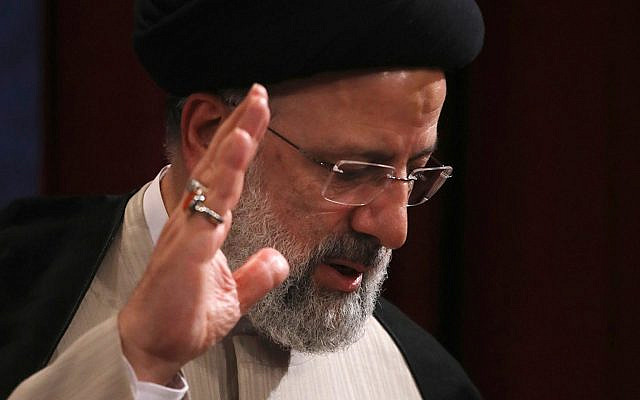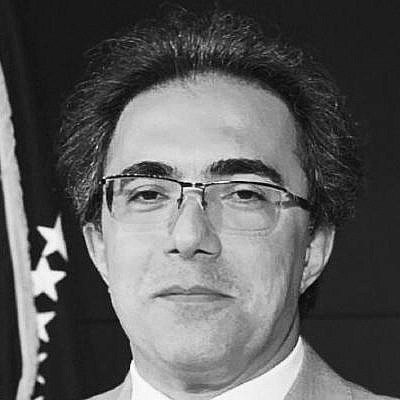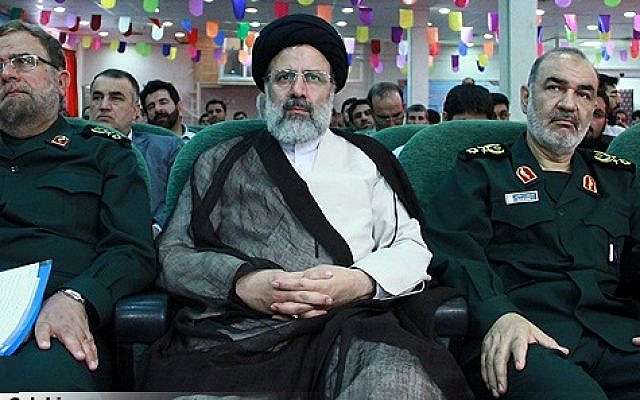Iran announces redevelopment of Arak reactor
Published on: 2019-12-23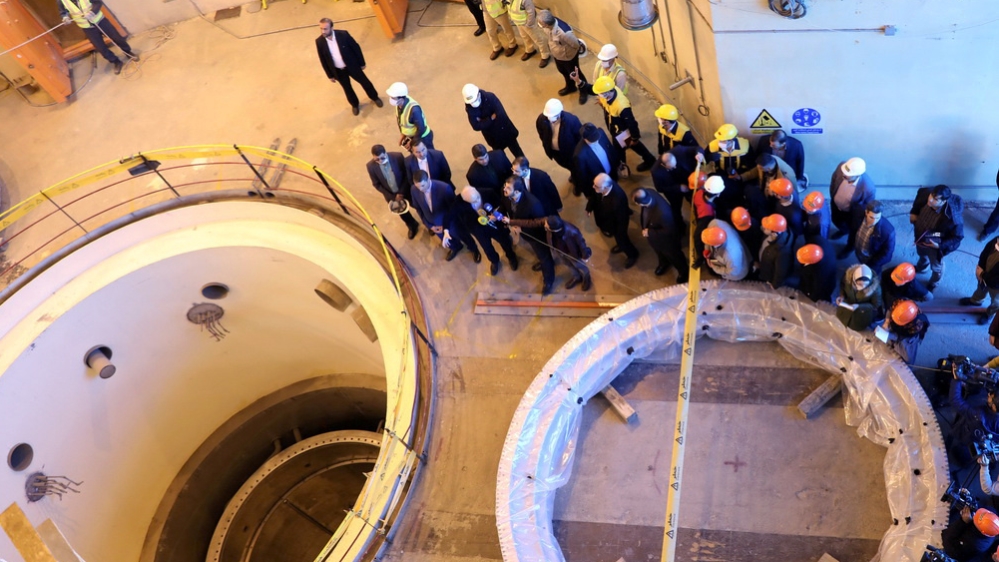
Iran has unveiled a redevelopment of part of its Arak heavy water reactor in a move that did not breach international restrictions on its nuclear work, but showed it is developing the sector in the face of United States pressure.
Iranian state media said on Monday that technicians switched on a secondary circuit at Arak, a plant built to produce the heavy water used as a moderator to slow down reactions in the core of nuclear reactors.
“Today, we are … starting a noteworthy section of the reactor,” the head of Iran’s atomic agency, Ali Akbar Salehi, said in remarks broadcast live on state TV.
More:
Tehran has been reactivating parts of its nuclear programme in protest at the United States‘ withdrawal last year from an international deal meant to limit its ability to develop a nuclear bomb.
The remaining parties to the crumbling deal are the UK, China, France, Germany and Russia.
Iran agreed to shut down the reactor at Arak, about 250km (155 miles) southwest of Tehran – under the 2015 deal. The foreign powers that signed the pact said the plant could eventually have produced plutonium, which can also be used in atom bombs.
However, Iran was allowed to produce a limited amount of heavy water and Tehran has been working on redesigning the reactor. Tehran says it will make isotopes for medical and agricultural use.
The control room of the reactor, named Khondab, will take five to six months to build and the remaining systems will be completed in about one year, Salehi told a news conference at the site.
The reactor will be ready for initial tests in the Iranian calendar year which will begin in March 2021, Salehi added.
‘Japan willing to mediate’
Washington says its withdrawal from the nuclear deal and decision to reimpose sanctions will force Iran to agree a broader pact.
Tehran has always said its nuclear work is for power generation, medical work and other peaceful purposes.
The deal known formally as the Joint Comprehensive Plan of Action was meant to give Iran relief from sanctions in return for curbs on its nuclear programme.
The European countries party to the agreement have repeatedly said they are committed to saving the accord, but their efforts have so far borne little fruit.
Referring to President Hassan Rouhani’s visit to Japan last week, Salehi said Tokyo was willing to mediate between Tehran and Washington.
He said discussions between Iran, Japan and other countries had included a proposal for Tehran to give assurances that it was not seeking nuclear arms by re-issuing a fatwa, previously issued in the early 2000s by Supreme Leader Ayatollah Ali Khamenei, that bans the development or use of nuclear weapons.
Meanwhile, Admiral Ali Shamkhani of Iran’s Supreme National Security Council warned on Sunday that his country will take another step in “lowering its commitment to the deal, if Europe does not implement its commitments”.
